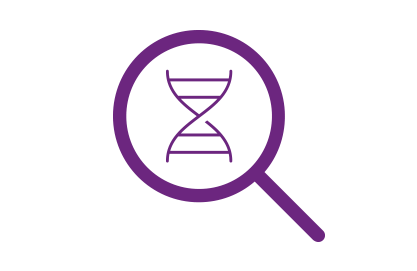Inflammatory bowel diseases (IBD) arise from a convergence of underlying genetic susceptibility, immune system dysfunction, environmental factors, and shifts in gut microbiota. Due to the multifactorial feature of these diseases, different animal models have been utilized to investigate the underlying mechanisms and develop potential therapeutic strategies.
Colitis Animal Models
In the table below, we summarize commonly used colitis mouse models and provide key features and tips for utilization of each model in IBD studies:
 Key Takeaways
Key Takeaways














.jpg)

.jpg)
.jpg)
.jpg)
.jpg)





.jpg)


.jpg)
.jpg)

.jpg)


.jpg)





.jpg)

.jpg)






